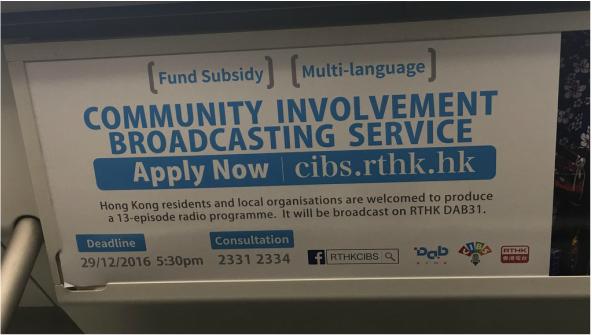|
The word 'welcome' in English is an extremely useful one, but it has number of different forms and usages that can easily confuse Hong Kong speakers. You can see this confusion in the following sign: What exactly does it mean, that sentence that reads "Hong Kong residents and local organisations are welcomed to produce a 13-episode radio programme"? Common sense tells us that this is an invitation for Hong Kong people and organisations to try their hand at producing a radio series. But is that what 'are welcomed' means?
0 Comments
People often complain about Hong Kong's deteriorating standards of English. If you are a Hong Kong user of English, you may worry about your own ability to communicate clearly and effectively in English. Perhaps you suspect that your English communication skills are way below those of most native English speakers. However, a new study has some good news for Hong Kong English users -- it turns out most of you may actually be better than most native English speakers in communicating clearly and effectively! The details are in a fascinating article recently posted on the BBC's website, 'Native English speakers are the world's worst communicators'. The full article can be found here: http://www.bbc.com/capital/story/20161028-native-english-speakers-are-the-worlds-worst-communicators How can this be? Much of it comes down to the different ways in which native and non-native English speakers actually use English. |
About this blogThis blog arises from keeping an eye on English in Hong Kong. I often use signs, notices and advertisements that I see as starting points to write about English issues that commonly challenge Hong Kong writers. Archives
October 2017
Categories
All
|



 RSS Feed
RSS Feed